Micronutrients: Vitamins and Minerals
Macronutrients – proteins, carbohydrates and fats – require micronutrients, which included vitamins and minerals, to work efficiently. All the vitamins are essential for good general health, and at least fifteen minerals are considered to be necessary. Most of these are obtained from the diet. Micronutrients also clear ‘rust’ from the body, oxidised material which is irritating to the tissues and contributes to disease – the notorious ‘free radicals”. Antioxidants – especially Vitamins A, C and E and glutathione with the mineral selenium – help to rid the body of these.
Then there are other components of foods which are neither standard vitamins nor minerals, which I will call vita-nutrients in Superfoods – chemicals with vital protective, life-giving or energy-giving properties like proanthocyanidins in red wine and the essential oils in herbs (see the Appendices). Of particular importance are the carotenoids and bioflavonoids. The carotenoids – which include beta-carotene, the principal precursor of Vitamin A – are pigments found in foods of plant origin, particularly in orange and dark green vegetables and fruit. They are protective in many ways, primarily in their antioxidant action. Bioflavonoids are naturally occurring compounds – among them citrin from citrus fruits and rutin from cereals – which prevent the destruction of Vitamin C by oxidation, which strengthen capillary walls, inhibit blood clotting and are helpful in hypertension and allergy control.





